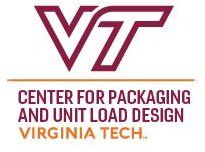Solution Design
Methodology

One size doesn’t fit all! Every application is unique, and every company should have the opportunity to determine and achieve its own priorities and objectives. An optimal solution starts with a thorough understanding of the application, operating environment and business objectives, and then upon this foundation the most effective solution can be crafted to ensure a successful outcome.

A custom solution is often perceived as more expensive and unable to deliver the same value as a generic off the shelf solution. To the contrary, a generic solution is by definition not optimized for any given application, therefore potentially leads to suboptimal performance, safety risks, product damage, and operational inefficiencies. Optimized solutions achieve the right balance of maximizing performance while minimizing cost thereby ensuring the highest overall value!

Why worry and take unnecessary risks hoping a solution delivers the desired results, when you can be confident and confirm with certainty that optimal performance and best overall value will be achieved? Neopal utilizes the most advanced computerized design, testing and analysis tools to ensure unpleasant surprises are avoided, and every solution is expertly crafted and built to confidently achieve the objectives you define!

The Uniform Standard for Wood Pallets establishes a nationally recognized standard of quality for the principle types of wood pallets, and provides a basis for common understanding among manufacturers, repairers, distributors and users of wood pallets. Neopal not only supports these guidelines developed by the National Wooden Pallet and Container Association (NWPCA) as a baseline, but our own standards and practices far exceed the guidelines to ensure every product supplied by Neopal can be absolutely relied on with confidence.

Many countries have put quarantine regulations in place to protect their native forests from the introduction of wood pests. In order to prevent the proliferation of differing import regulations, the International
Plant Protection Conventiob (IPPC). Secretariat, part of the Food and Agriculture Organization (FAO) of the United Nations, has issued ISPM 15 (International Standards for Phytosanitary Measures). To help you in this area, we provide assistance with understanding and complying with domestic and international phytosanitary and export regulations.

How can you be assured that you receive the right solution, built precisely to your specifications, meeting your expectations every time? Not only do we have our own world-class comprehensive internal practice and process controls, monitoring and quality systems to ensure compliance and expected results, but we also offer independent auditing of our performance by outside parties.


Earth Friendly
Our commitment to environmental sustainability is evident throughout everything we do, and each solution we design is not only high quality and well built to ensure a long productive life, but also manufactured in a LEED Certified and EcoVadis rated operation to ensure environmental efficiency in production.
Our products are USDA Certified BioBased, produced with materials sourced from responsible partners, certified sustainably grown and harvested, renewable, and easily recyclable.

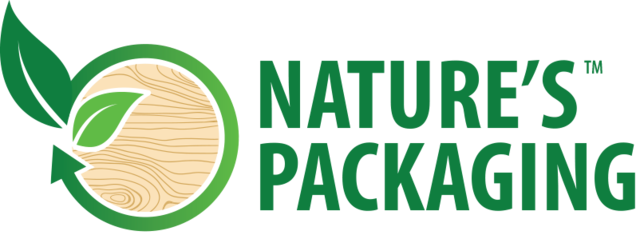
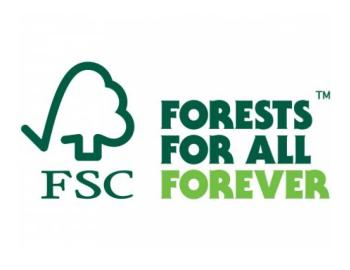
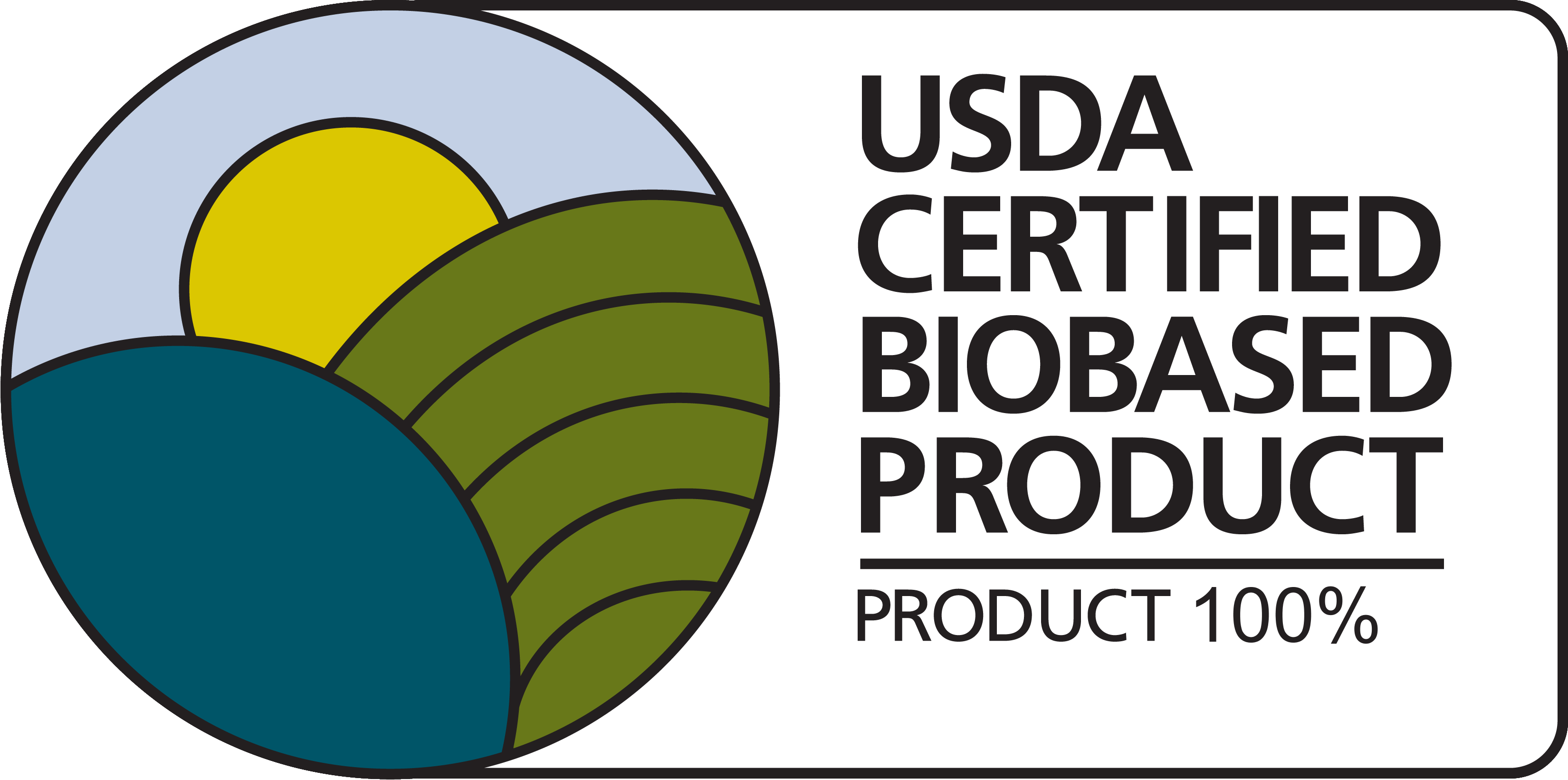
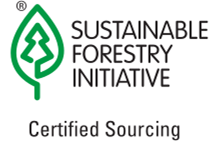
Optimal Performance

Utilizing sophisticated computerized design and performance analysis tools, multiple design and configuration options can be rapidly evaluated and optimized to ensure the optimal and most reliable solution is achieved at the lowest cost.

Products are tested through compression, deflection and impact testing on the factory floor and in material handling systems to validate computer design test stiffness, strength and safe working loads under specified load and support conditions.

Our dynamic testing capabilities, in-house and in partnership with Virginia Tech’s Center for Packaging and Unit Load Design, ensures that the physical durability, functionality and performance in the real world will meet expectations.
